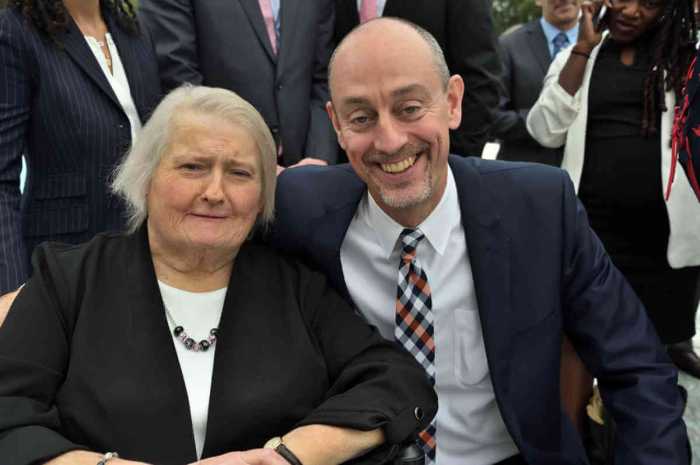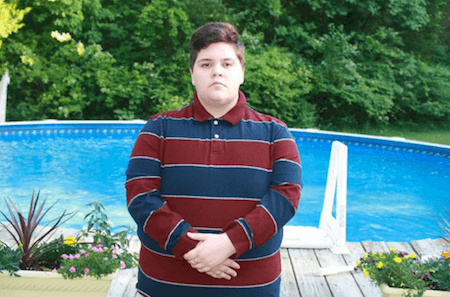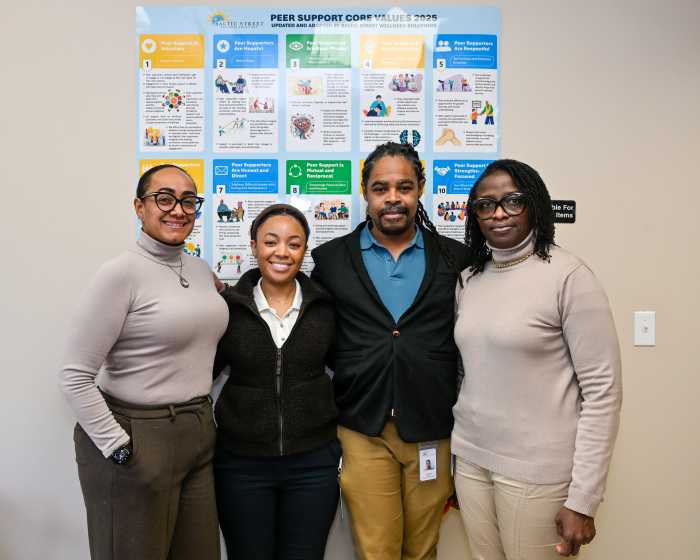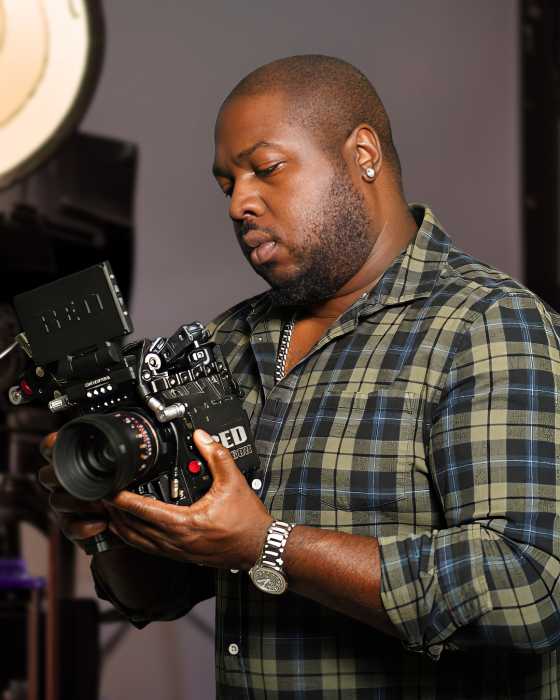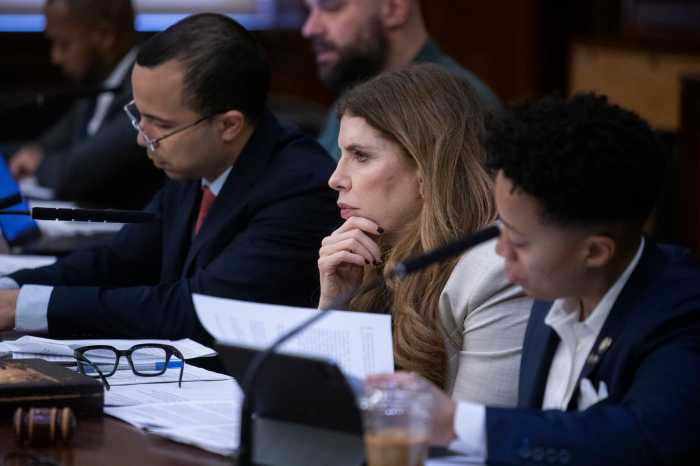In accordance with a Supreme Court decision last year, Israel’s health minister announced that LGBTQ parents in the nation will be allowed to have children through surrogacy.
“Full equality. That is the simple demand and it is the goal of the LGBT struggle, the long struggle of my community,” Israel’s out gay Health Minister Nitzan Horowitz said, according to the Associated Press. “Equality before the law and equality of parenthood.”
The law paves the way for queer couples, single fathers, and transgender folks to have kids through surrogacy, which is when an individual carries a baby for a couple or individual who cannot birth kids of their own. The implementation of the new policy, which takes effect January 11, marks the conclusion of a legal process that unfolded over the course of the last two years. In 2020, the nation’s Supreme Court ruled that a surrogacy law in Israel discriminated against gay couples because it allowed single women to utilize surrogacy but not queer couples.
Israel’s Supreme Court then directed lawmakers to come up with new legislation without the discriminatory provision, but that never came to fruition. In July of 2021, the Supreme Court stepped in and declared that the law, in six months, would expand to allow LGBTQ couples.
Surrogacy laws vary around the world — including on the issue of whether foreigners can utilize surrogacy services. In the United Kingdom (UK), for example, surrogacy is legal — including for LGBTQ couples — but the law lacks enforcement of agreements and bans third parties from setting up profitable surrogacy arrangements, according to NGA Law, a UK law firm specializing in surrogacy. Germany bans all surrogacy agreements, while Canada only allows surrogacy when the surrogate is not paid for carrying the baby.
Notably, a court in Namibia concluded in October that a gay couple’s child who was born in South Africa is a citizen by descent, according to Reuters. Namibian High Court Judge Thomas Masuku ruled that the gay couple would not be required to provide a paternity test to prove that their boy is the child of a Namibian-born parent.
The patchwork legal system surrounding surrogacy is also evident in the United States. Gestational surrogacy was approved in New York State in 2020 when lawmakers included a surrogacy law in the budget. That bill was carried in the upper chamber by out gay State Senator Brad Hoylman of Manhattan, who had two children through surrogacy, and Amy Paulin led the bill in the State Assembly.


